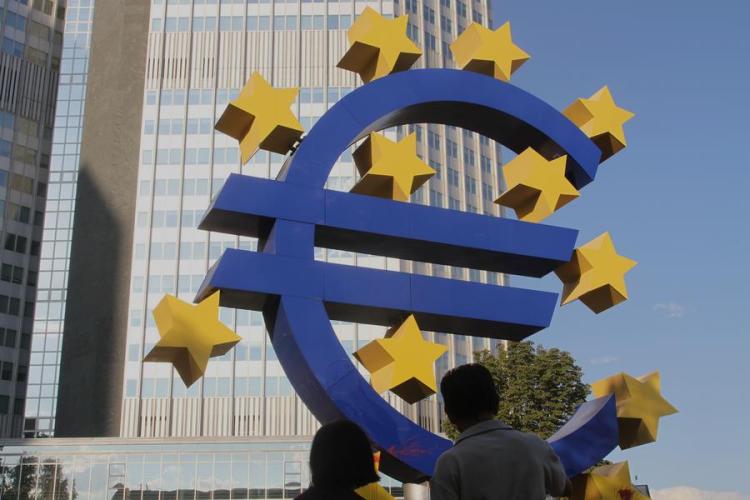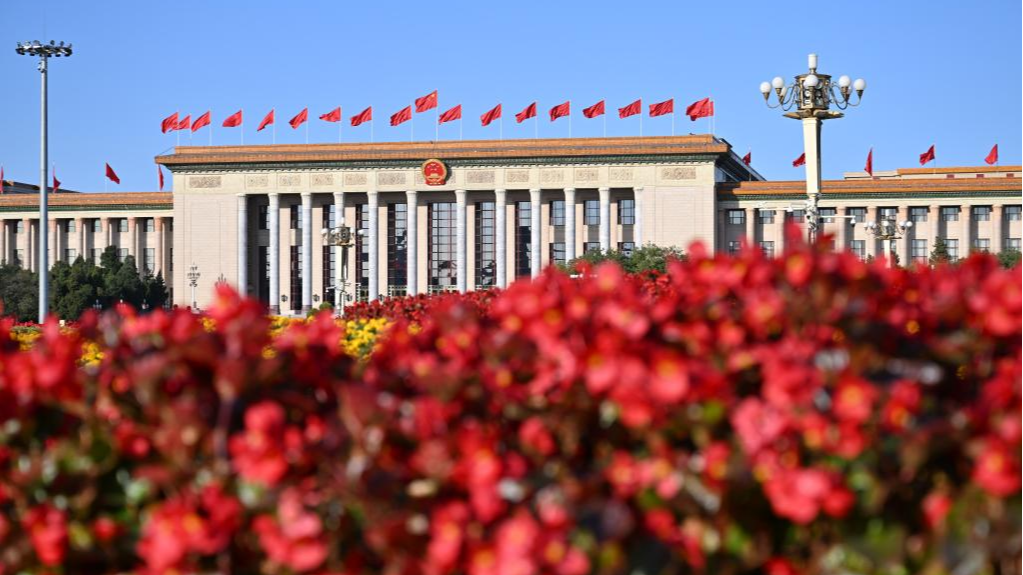Nearly 200 countries adopted a landmark deal set to reverse environmental destruction and preserve global biodiversity over the next decades at a marathon UN biodiversity summit on Monday.
The successfuladoptionof the deal, under China’s presidency, signals the country’s leading role and commitment in converging and pushing forward global efforts in protecting the world’s biodiversity at a watershed moment, said experts.
Now that the targets have been set, what matters most is whether nations follow through, said experts. The thorniest issue is still finance, and experts have called for this burden to fall largely on developed countries, which are equipped with technology and funds to help developing countries.
A UN biodiversity deal, entitled Kunming-Montreal Global Biodiversity Framework and aimed at reversing biodiversity loss and setting the world on the path to recovery, was adopted on Monday at the UN biodiversity conference, COP15, the Xinhua News Agency reported on Monday.
“The package is adopted,” Chinese Environment Minister Huang Runqiu, the chair of the COP15 nature summit, declared at a late-night plenary session in Montreal as he struck his gavel, sparking loud applause from assembled delegates, the AFP reported.
The framework sets the target of effective conservation and management of at least 30 percent of the world’s lands, inland waters, coastal areas and oceans, with emphasis on areas of particular importance for biodiversity and ecosystem functioning and services, according to the final release the Secretariat of the Convention on Biological Diversity sent to the Global Times on Monday.
The Kunming-Montreal Global Biodiversity Framework prioritizes ecologically representative, well-connected and equitably governed systems of protected areas and other effective area-based conservation, recognizing indigenous and traditional territories and practices. Currently 17 percent and 10 percent of the world’s terrestrial and marine areas respectively are under protection, according to the release.
It also called for the progressive phasing out or reform by 2030 of subsidies that harm biodiversity by at least $500 billion per year, while scaling up positive incentives for biodiversity’s conservation and sustainable use. The scheme is set to raise international financial flows from developed to developing countries, in particular the least developed countries, small island developing states, and countries with economies in transition, to at least $20 billion per year by 2025, and to at least $30 billion per year by 2030.
After theadoption, EU Commissioner Virginijus Sinkeviciustweeted, “DEAL Tonight, we make history at#COP15. The Kunming-Montreal deal for Nature & people all over the world. 30% degraded ecosystems on land & sea to be restored by 2030;30% terrestrial & marine areas conserved & managed by 2030.”
Astatement the UN Development Programme (UNDP) sent to the Global Times on Monday said it welcomes the historic agreement reached at COP15.”This agreement means people around the world can hope for real progress to halt biodiversity loss and protect and restore our lands and seas in a way that safeguards our planet and respects the rights of indigenous peoples and local communities,” reads the statement.
The agreement reached today in Montreal is a significant breakthrough for biodiversity. It reflects never-before-seen recognition from countries at all income levels that biodiversity loss must be stopped through high-ambition changes to our society’s relationship with nature and the way our global economy operates. It also reflects a determination from political leaders around the world to make this happen, Carlos Manuel Rodriguez, CEO and Chairperson of the Global Environment Facility, said in a statement sent to the Global Times on Monday.
After four years of negotiations and 12 years since the last biodiversity targets were agreed in Japan, the Chinese president ofCOP15put forward its recommendations for a final agreement after two weeks of intense negotiations among 196 countries.
Reaching a consensus on global environment issues, such as protecting biodiversity and climate change, were never easy, as nations’ interests on those topics always conflicted, Lin Boqiang, director of the China Center for Energy Economics Research at Xiamen University, told the Global Times on Monday.
“That is why China put forward such a draft that had won wide applause among delegates from so many countries,” said Lin. “This can be seen as a remarkable first step toward global biodiversity protection for the next decades, and this has highlighted China’s leading role in this field.”
Implementation matters
Speaking at a Saturday conference, Huang admitted that the most challenging remaining divergences lie in the financial mechanisms, resource mobilization and the goals of the framework. “Targeting these three problems, we have invited minister-level officials from Rwanda, Chile, Egypt, Germany, Norway and Canada, and have set up three coordination working groups,” Huang said.
The final release said by 2030 at least $200 billion per year in domestic and international biodiversity-related funding from all sources – public and private are to be mobilized.
Developing countries previously pushed for half of that̶$100 billion per year̶to flow from wealthy countries to poorer nations, Reuters reported on Sunday.
Lin pointed out that the proposed targets show China’s ambition and pragmatism in pushing forward a workable scheme, as setting the financial targets too high may backfire as many developed countries may refuse to pay.
“Setting up an agreement is for everyone to work on. Yet judging by developed countries’ blustery promises on climate issues, whether they will pay the money on biodiversity remains questionable, so the final release lowered the target for developed countries to pay at least $20 billion per year by 2025,” said Lin.
The developed countries still haven’t fulfilled their pledge of providing $100 billion per year for developing countries to tackle climate damage.
Developing nations have limited capacity to achieve goals set at the current stage, thus the financing onus falls largely on those developed countries that have the technology and money to help, said Lin.
Huang Runqiusaid at a conference last week that the most important factor for a successful COP15 is reaching a framework of protecting biodiversity. What kind of framework is successful depends not only on how much we have agreed, but also how much we will realize, said Huang.
As presidency of the conference, China hopes that all the goals and promises are acceptable to all participants, and will endure the test of time, said the Chinese environment minister. He hoped that both developed and developing countries will feel they have fulfilled their promises by 2030, and only those goals and promises can be counted as a real success.
Source(s): Global Times



 News6 days ago
News6 days ago
 News6 days ago
News6 days ago
 World6 days ago
World6 days ago
 Business5 days ago
Business5 days ago
 Business6 days ago
Business6 days ago
 News4 days ago
News4 days ago
 Business5 days ago
Business5 days ago
 News6 days ago
News6 days ago



















